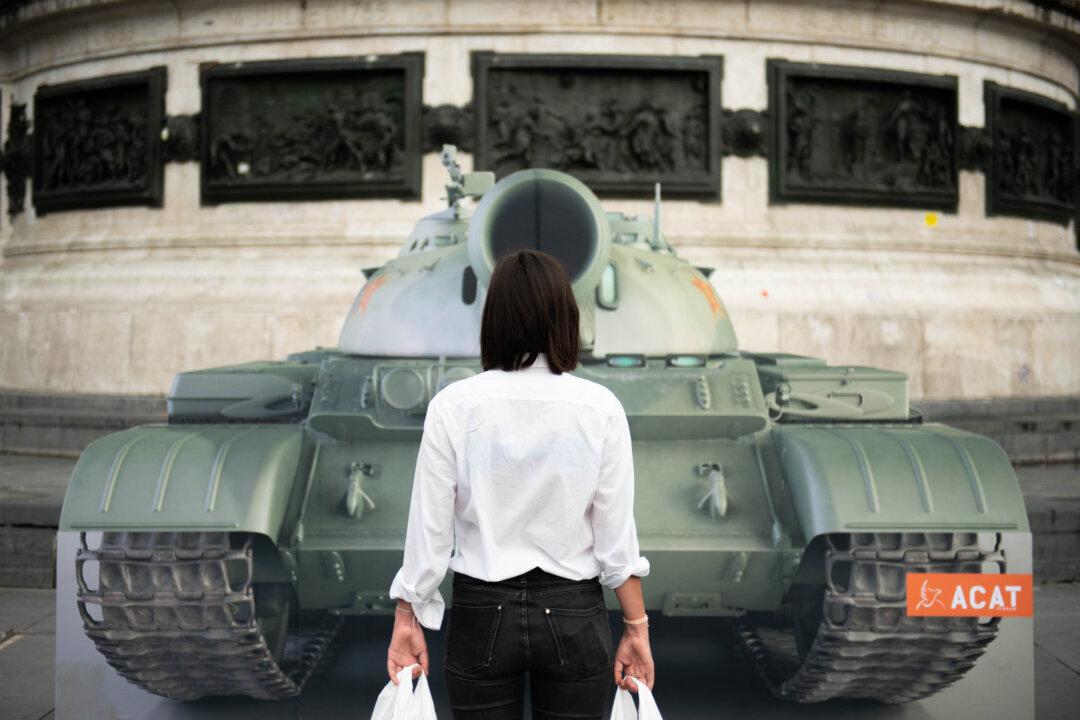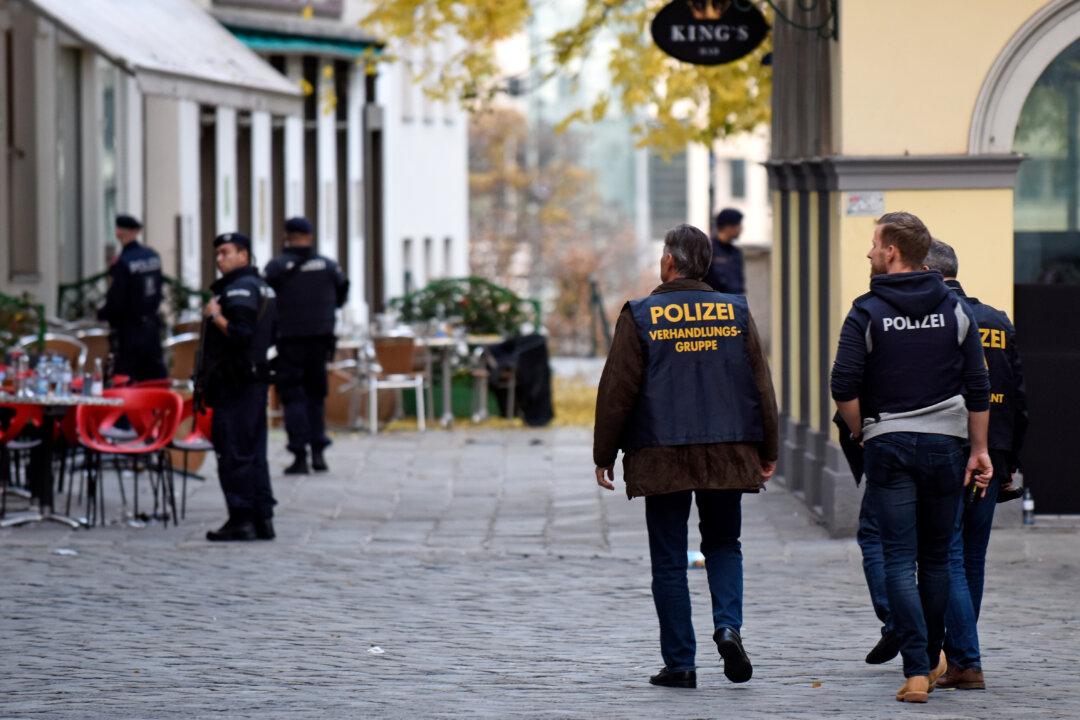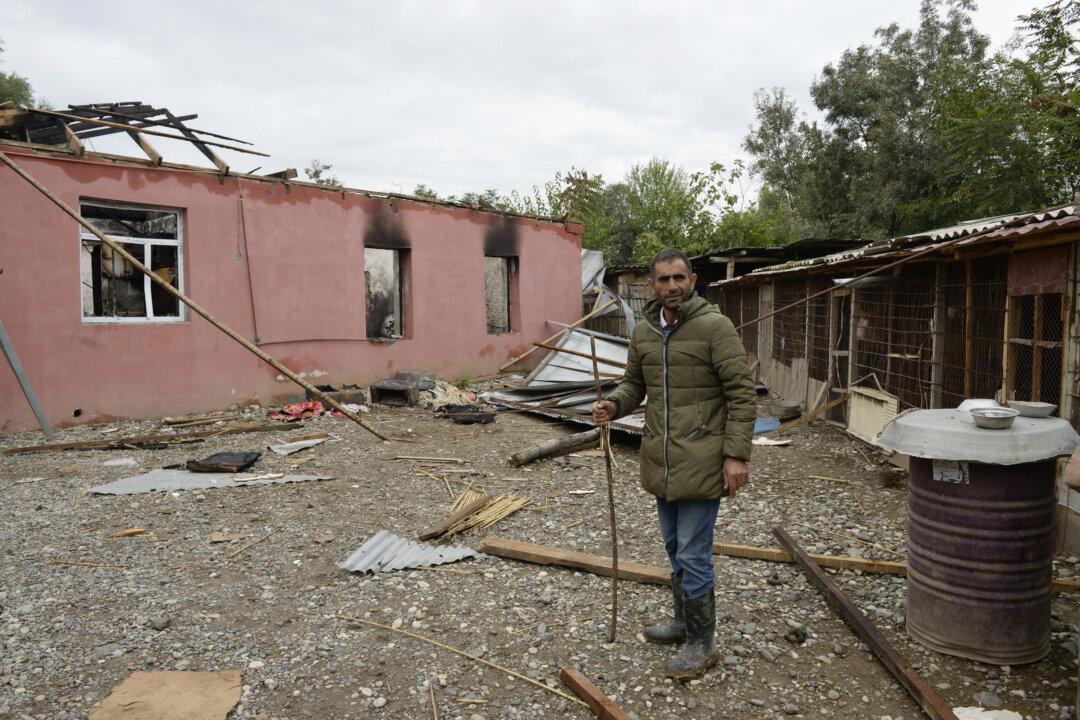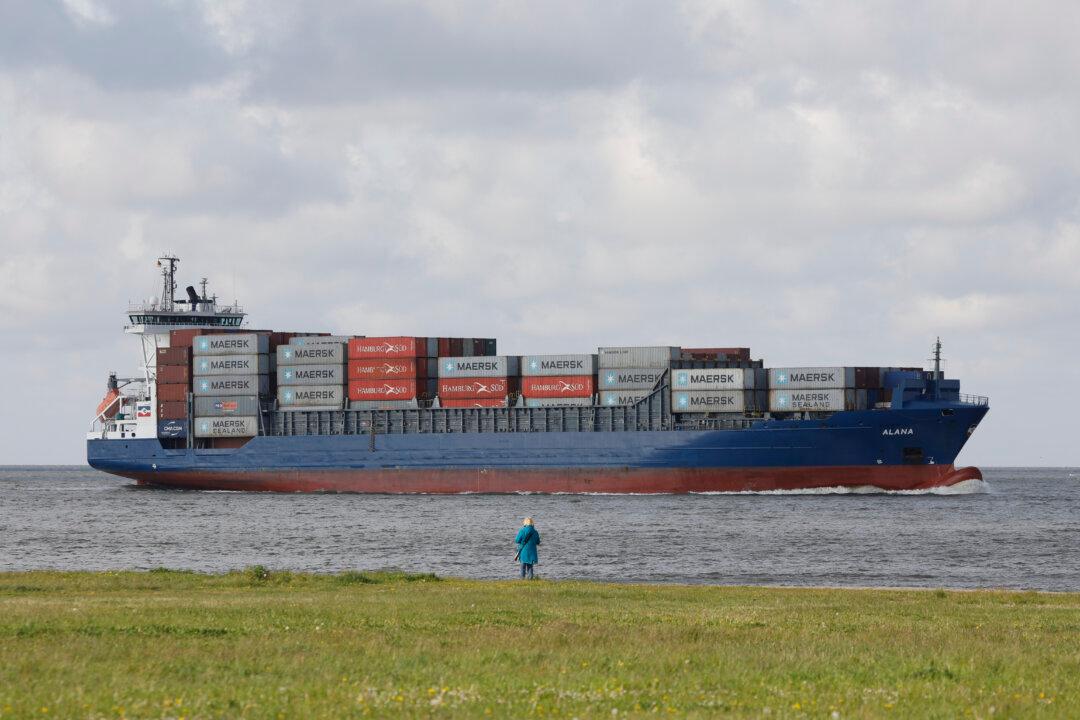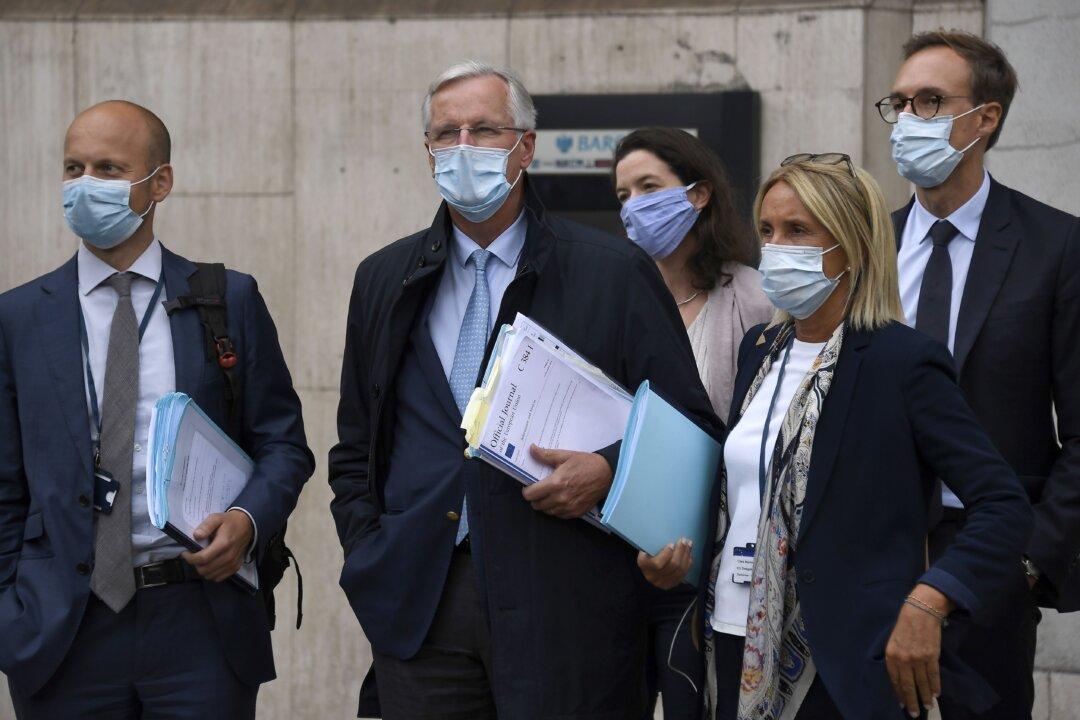BRUSSELS—The European Union has called on China to immediately release political prisoners jailed over the Tiananmen Square protests and to lift the veil of secrecy around the number of dead and injured.
Brussels made the fresh call for transparency to mark the 30th anniversary of the massacre, which comes at a time when EU–China relations are increasingly strained over trade frictions, Huawei, and Beijing’s human rights abuses.
In a strongly worded statement issued on behalf of the 28 European capitals, EU foreign affairs chief Federica Mogherini said the bloc still “strongly condemned the brutal repression” that had occurred.
Chinese troops opened fire on student protesters in and around Tiananmen Square, Beijing, on June 4, 1989, who were calling for greater democracy and freedom of speech.
Many of the details, including the numbers of those killed, injured, and taken prisoner, were suppressed by the Chinese state. The death toll has been independently estimated at between several hundred and a few thousand.
“Thirty years later, the European Union continues to mourn the victims and offers its condolences to their families,” Mogherini said. “Acknowledgement of these events, and of those killed, detained, or missing in connection with the Tiananmen Square protests, is important for future generations and for the collective memory.”
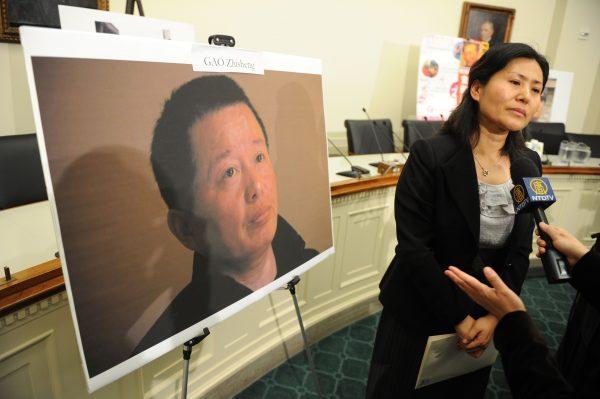
Huang and Ge are human rights advocates who have been persecuted by the Chinese regime for their activism. Xu, a writer, songwriter, and activist, was targeted by the CCP for writing songs deemed critical of the regime. Wang, a pastor of one of China’s most prominent unauthorized churches, is facing charges of inciting subversion.
The EU has expressed increasing concern about China’s human rights abuses in recent communiques. Mogherini vowed that the bloc will continue to press Beijing on the issue in all forms of communication.
“Today, we continue to observe a crackdown on freedom of expression and assembly, and freedom of the press in China,” Mogherini said.
Guy Verhofstadt, the leader of the European liberal grouping, said: “China is now an economic and military powerhouse, but not a democracy. It’s this gaping wound which prevents China from becoming a global leader. I hope the Chinese people will get the freedom they deserve. Their fight continues.”
He added that the famous image of the “Tank Man”—an unknown protester who stood in front of a column of Chinese tanks headed for the square—was the “most courageous act I have ever seen.”
A recent BBC report found that while the photo has become one of the defining images of the protest outside China, many Chinese citizens have never even seen it because of the state’s effective information blackout.
